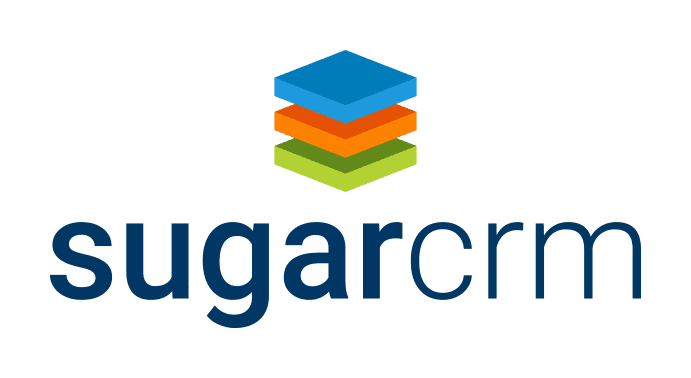Enterprise resource planning (ERP) software is increasingly vital for any business in today’s climate, but few businesses benefit from it as much as distribution operations.
As a distributor, your biggest external threat comes from other distributors who are doing it better and more effectively. To meet the high expectations of your customers today, it has never been more important to maximize efficiency to gain any competitive advantage you can.
What is Distribution ERP Software?
Briefly, wholesale distribution ERP software unifies all of your business data into a single pipeline, delivering business insight considerably easier and faster. By pulling all data under the same umbrella, interdepartmental workflows are vastly streamlined while individual processes get standardized for optimal efficiency.
With ERP, management gets immediate access to business data for insight-driven decision-making. The ability to cross-reference any combination of operational data at any time and from anywhere helps root out inefficiencies, wastes, redundancies, and any other time- and money-wasting processes that might exist within your operation.
With this understanding in mind, what are some best practices for implementing an ERP system into your distribution business?
Start By Understanding Your Organization
By this time you’ve analyzed your distribution processes and know what you are you trying to improve. What processes can you automate? What processes require manual attention? How will the new technology support growth initiatives?
Determine in advance what successful ERP implementation should look like so you can then evaluate how well implementation has unfolded.
Consider your existing processes and how you do them – whether you do everything in your distribution business manually or if you use a combination of software options – they will have advantages and disadvantages.
Understand what you currently do well to bolster effective processes while identifying the real areas of opportunity to improve how you operate.
Determine the Implementation Strategy for You
How do you want your system deployed? Your options typically include on-premise, hosted, cloud, and hybrid solutions. Each of these deployment options offers clear benefits depending on your needs, so be sure to research which deployment option or hybrid scenario would work best for your distribution operation.
You’ll have two general options for implementation: rolling out gradually by department (or even slower by individual job owner), or you can push the new system into the entire organization all at once.
While it may be attractive to get everybody up and running on the new system ASAP, this strategy is considerably harder to manage and has a high potential for backfiring.
You’ll need to assign a project team to lead the charge in implementing the new ERP system, and a business-wide rollout will likely strain their efficacy in guiding the rest of your personnel through the changes.
Understand and Utilize Your Vendor
Any reputable ERP software vendor you choose will offer the support to ensure the system rollout goes as smoothly as possible. Recognize going in that there will be bumps in the road, but your software vendor is your partner in this technology upgrade, so thoroughly investigate your vendor options.
Some organizations get extraordinarily lucky and experience a perfectly smooth rollout, but it is better to anticipate some snags. Lean on your vendor. It’s important to work with an established vendor who understands your specific needs and how to address them so when issues arise for which your project team is unprepared, your vendor can help.
Think of the relationship like a marriage—make sure you’re on the same page when you begin the relationship and make sure you’re aligned on where the relationship is going.
Ensure that your vendor has its own growth plans and how their business will evolve in the future. What you need today will not be what you need in five years, and what your vendor offers today may not be what they offer tomorrow.
Sage 100 for Growing Distributors
When you choose Sage 100, you increase inventory accuracy, complete and ship orders on time – all while adding more customers and growing margins without increasing IT infrastructure. Sage 100 allows you to operate more efficiently and make better decisions.
e2b teknologies is a Sage Authorized partner. We customize, implement, and support Sage ERP software for a wide range of distributor and manufacturing operations.
Find out how we can take you to peak performance on the warehouse floor, in the accounting department, and across your entire footprint with Sage 100.

